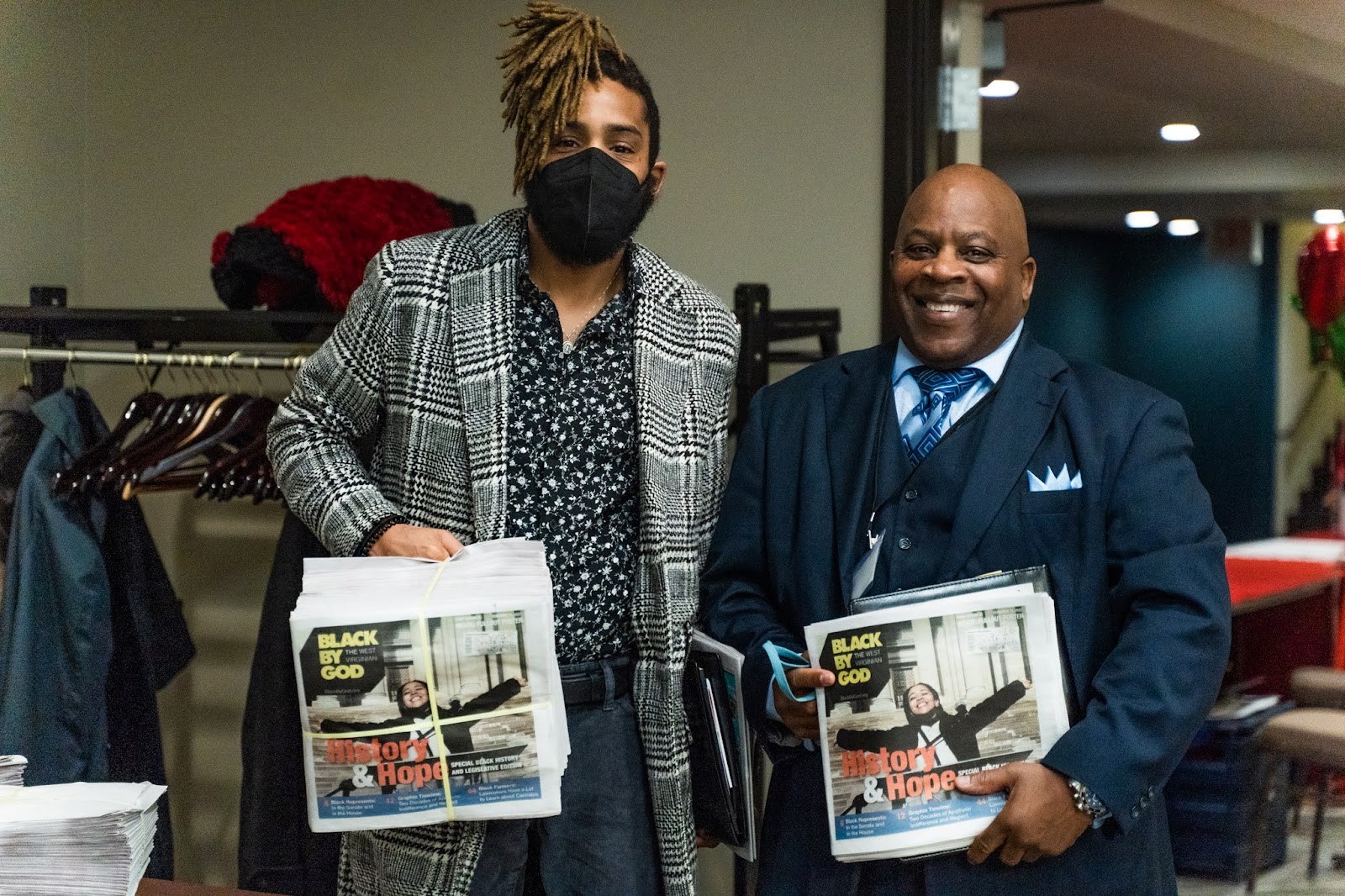
Mark your calendar for Black Policy Day to be held February 15th at the State Capitol
The Hub is proud to partner with The West Virginia Black Voters Impact Initiative for the 2nd Annual Black Policy Day in Charleston, WV on Feb. 15, 2023.
For 6 years, the team at The Hub produced a publication called the Legislative Hubbub. The purpose of this publication was to highlight ways residents can engage in the state policymaking process and to teach residents how the process works.
We produced hundreds of stories and tools as part of this work, including a library of resources that can be used anytime to help residents learn how to engage in the system and move forward policy goals.
We’re sharing those resources here in The Hub’s WV State Policy Learning Library.
If you are a resident who is looking to make state-level policy changes to increase opportunity and address challenges in West Virginia communities, check out the stories on this page and download our WV Citizen Lobbyist Handbook.

The Hub is proud to partner with The West Virginia Black Voters Impact Initiative for the 2nd Annual Black Policy Day in Charleston, WV on Feb. 15, 2023.

Bryan Phillips, Policy Engagement Coordinator We at The Hub are thrilled to announce the newest addition to our policy team, Bryan Phillips. Bryan will serve
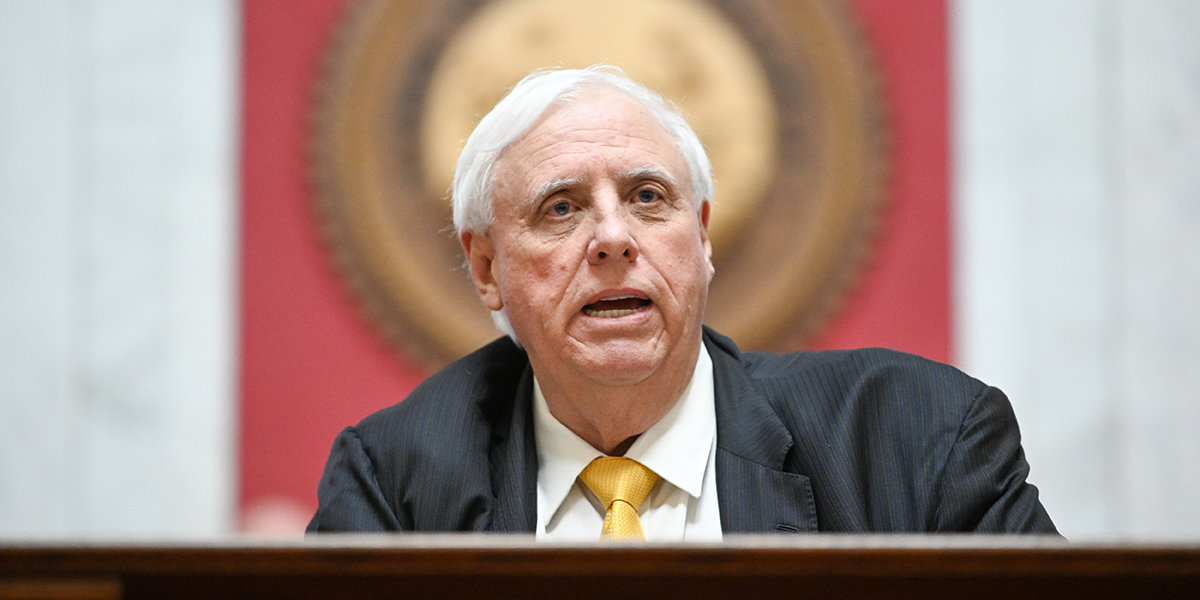
Early each year, there’s a lot of hype about the legislative session. In general, the “regular session” takes place during January, February, and parts of March, and lasts 60 days.
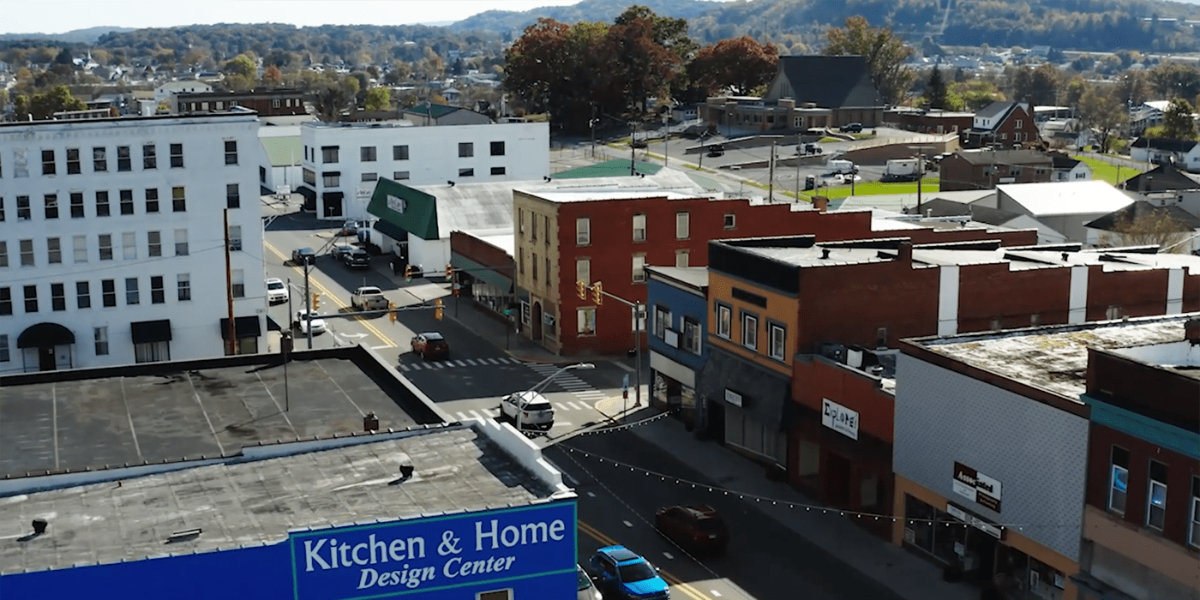
Soon, new laws will make their way from the Capitol to your community. There is a role for citizen lobbyists to play in implementing the policy changes they care about within their communities.

Taking an active role in supporting specific bills is one of many strategies that citizen lobbyists use to influence the policymaking process.

Understanding factors that influence the policymaking process can come in handy for any citizen lobbyist, and supermajorities are one such factor.

Despite removing their obligation to conduct public hearings, public pressure prompted the House of Delegates to hold their first public hearing on a virtual platform (Microsoft Teams) this past Monday.

Citizen lobbyists are faced each year with the task of “cutting through the noise” of the legislative process.

As all seasoned citizen lobbyists will tell you, finding a legislative champion – a legislator who understands the issue you’re working on and who is willing to advocate on behalf of it – is key to being successful.

The air in the Capitol halls is quite different than it was at the beginning of January. The legislative machine is picking up speed and legislators, staff, and lobbyists are hustling to get bills drafted, introduced, advocated for or against, and moved through the committee process.
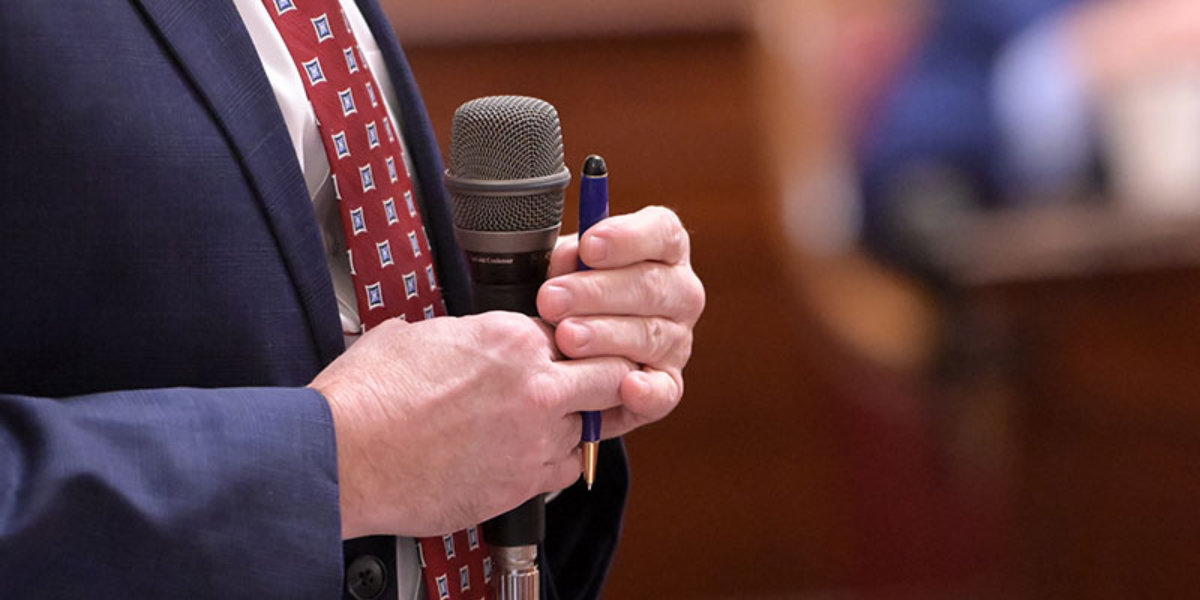
As a bill works its way through the legislative process, it encounters a number of turning points at which its supporters need to make tough calls.

That’s got many citizen lobbyists wondering: what happens if one chamber amends a bill, but the other doesn’t agree with how it was amended?
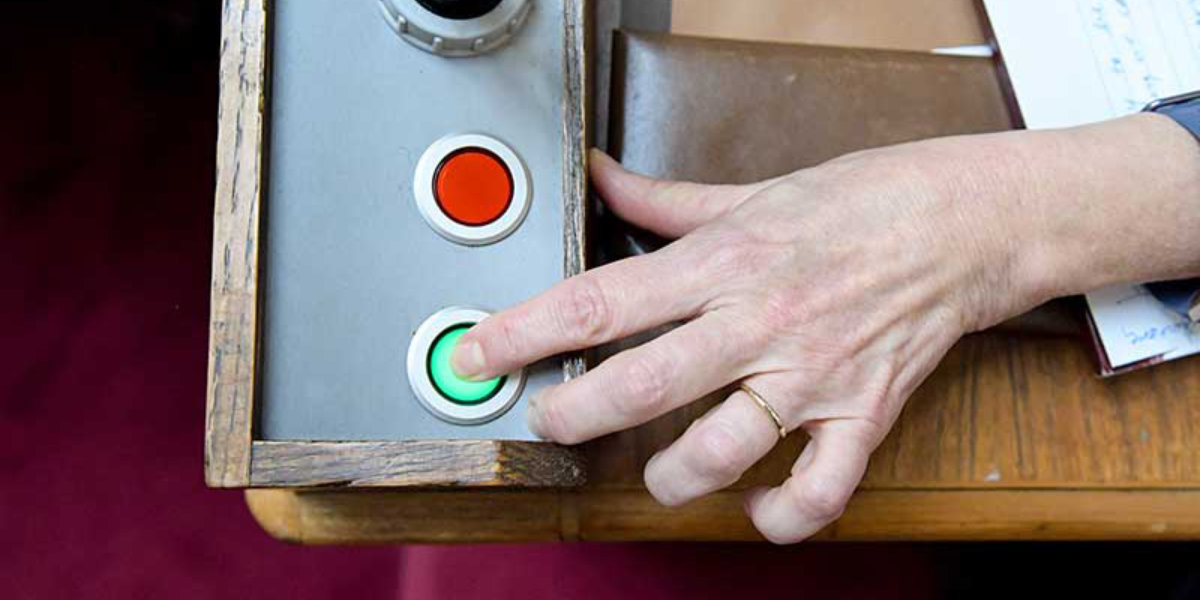
With the thousands of bills introduced in the legislature each year, it’s a fair bet that some of those bills propose similar policy solutions. So, what happens when more than one bill addresses the same topic?
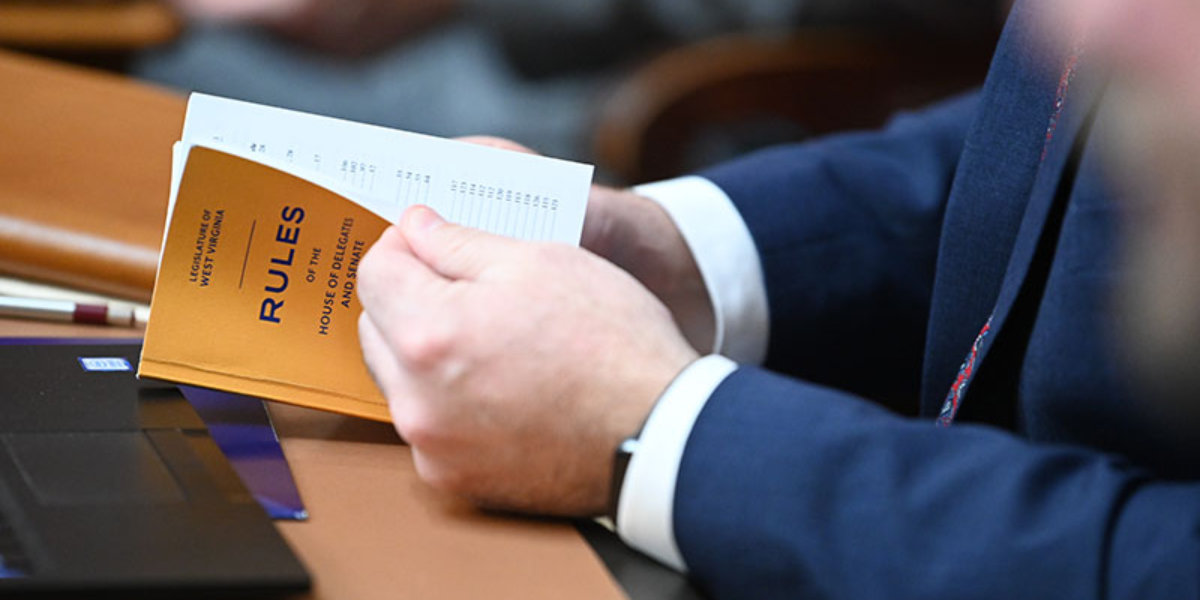
As West Virginia’s 60-day legislative session moves toward its conclusion, we’re beginning to see parliamentary actions happen on the floor that aren’t often part of the process in the early days of the session.
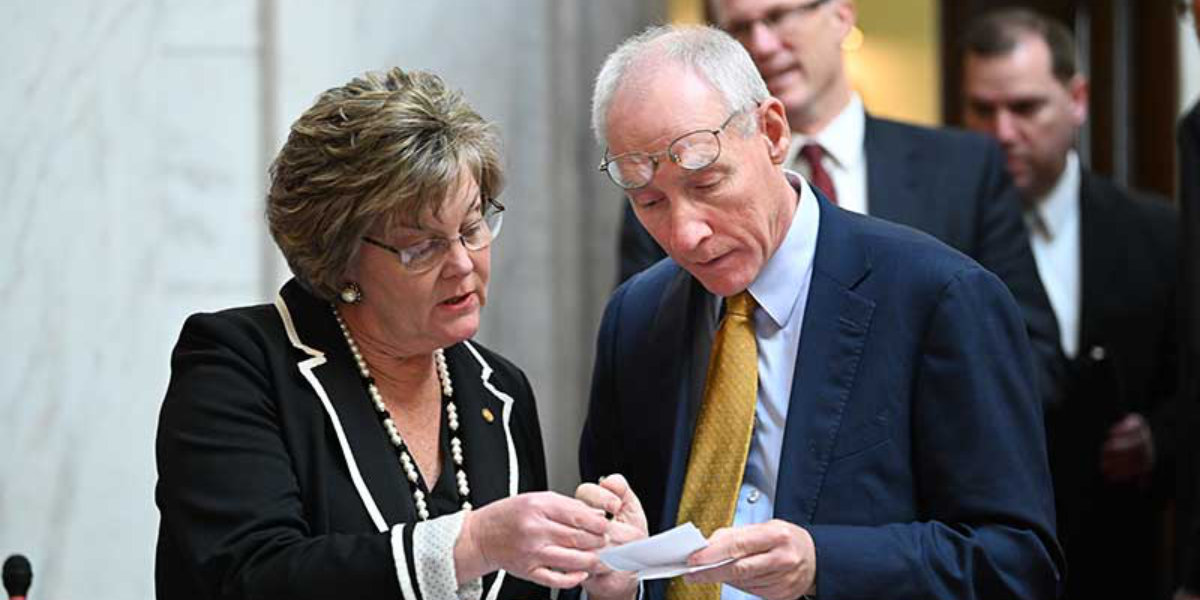
Every legislator at the Capitol is tasked with representing the interests of the citizens in their districts, but did you know that many legislators also have additional roles to play in the policymaking process?
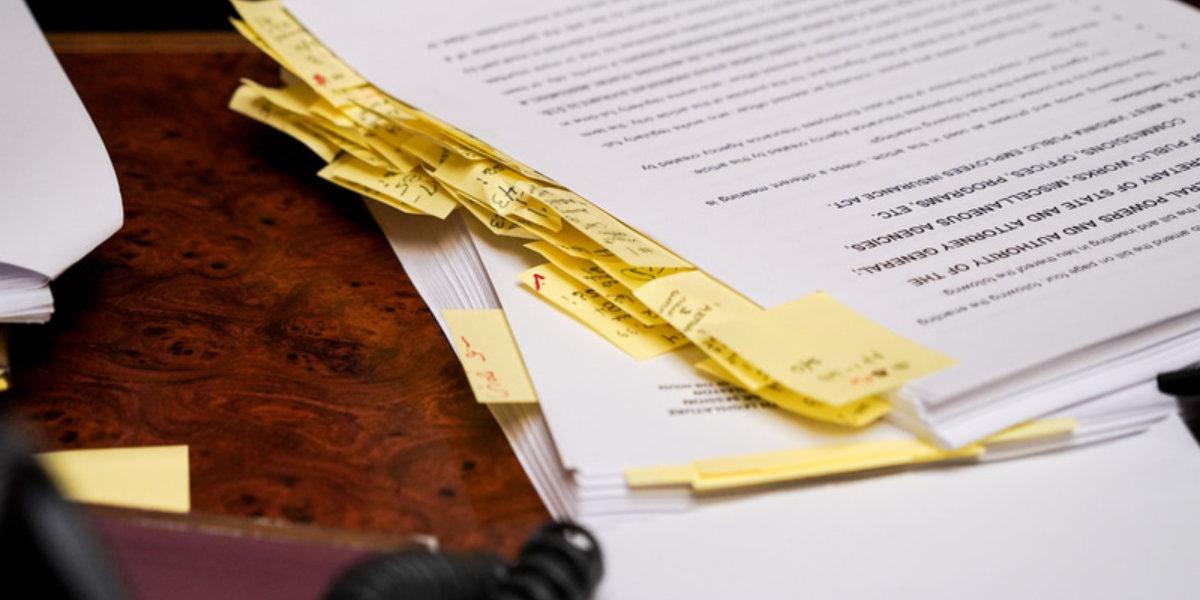
During every session, legislative deadlines help keep the policymaking process on track.

I find that more often when a legislator offers to discuss their concerns about a bill or an issue in general, they are doing a few things that can be incredibly helpful.

Here are some tips and tricks that seasoned citizen lobbyists use once the wheeling and dealing begins.
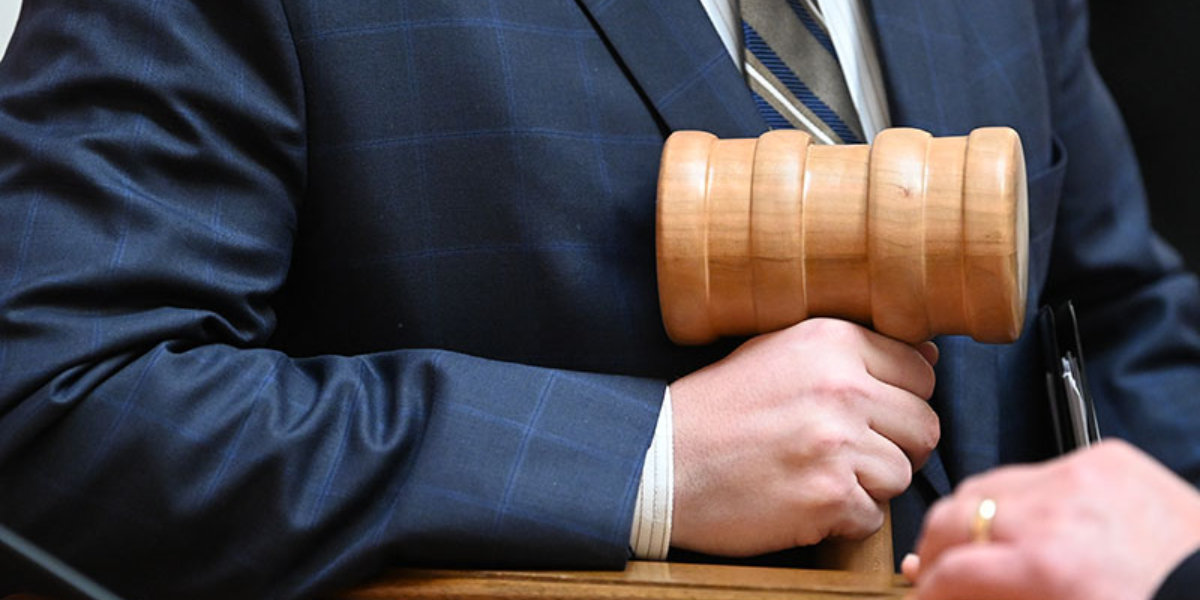
In a democratic form of government like the West Virginia Legislature, the ability of each representative to have an uncompromised voice in the legislative process equals our ability as citizens to have a voice in the legislative process.

When it comes to making state-level policies, the WV Legislature is tasked with finding policy solutions that will impact everyone in the state.
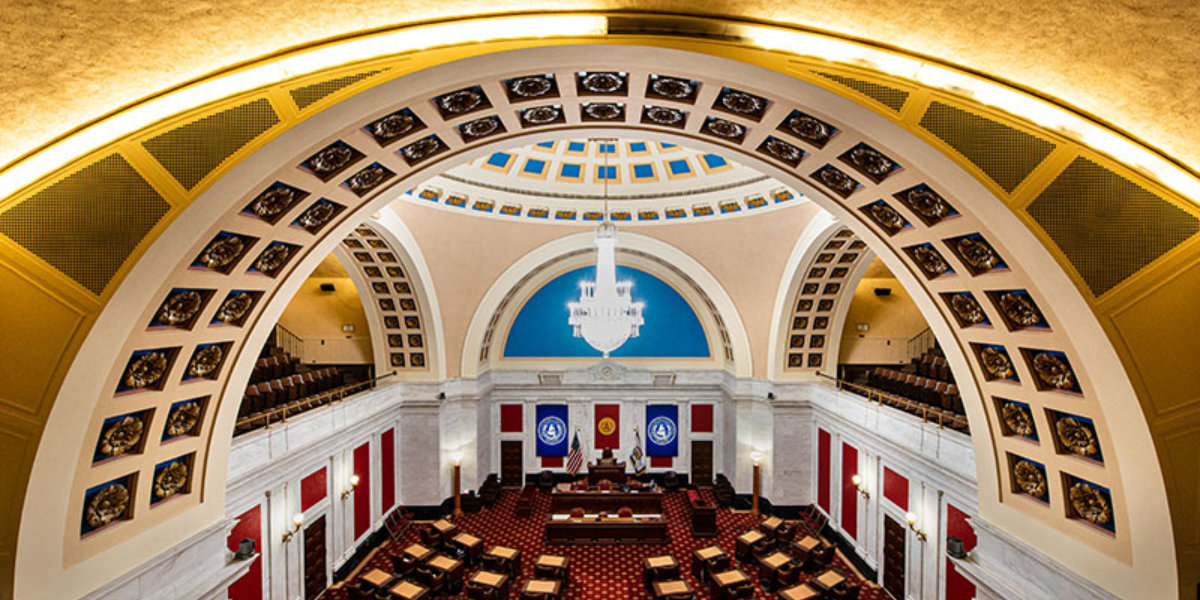
2020 is an election year, and this sometimes leads to changes in behavior at the legislature.

At the Capitol, there are two brave souls whose job it is to bring order to this chaos: the Clerks of the House and Senate.

With hundreds of bills introduced during West Virginia’s annual 60-day legislative session, there isn’t enough time for legislators to thoroughly review each policy.
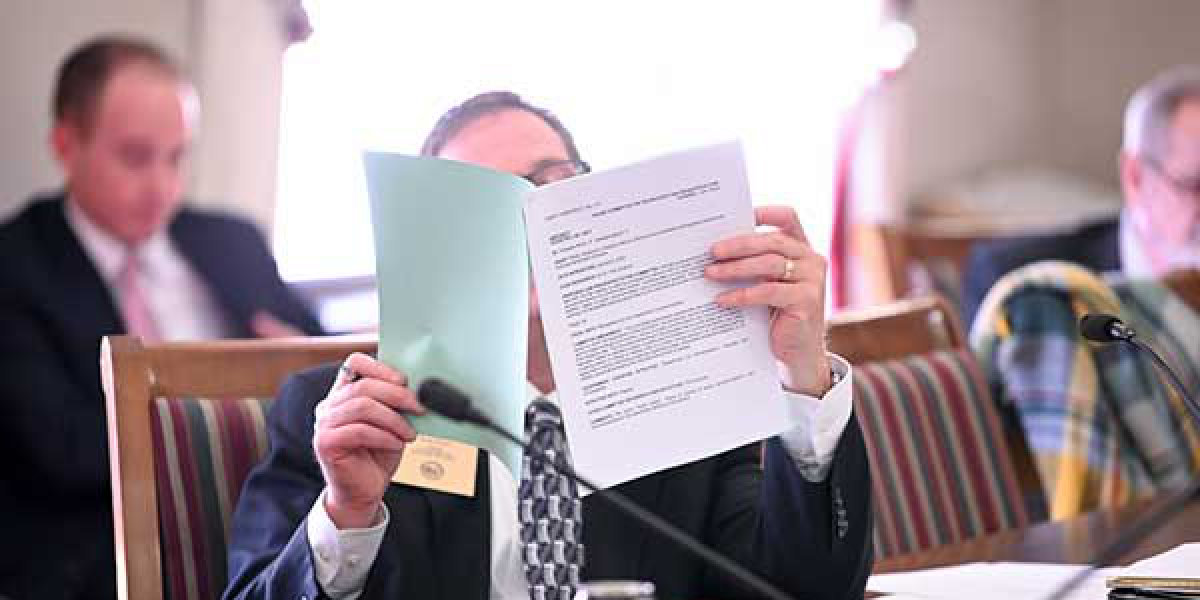
Moving forward a policy change that’s in the best interest of your community has the potential to move the needle in a big way.

We talk a lot about local policy decisions, but what does that really mean?
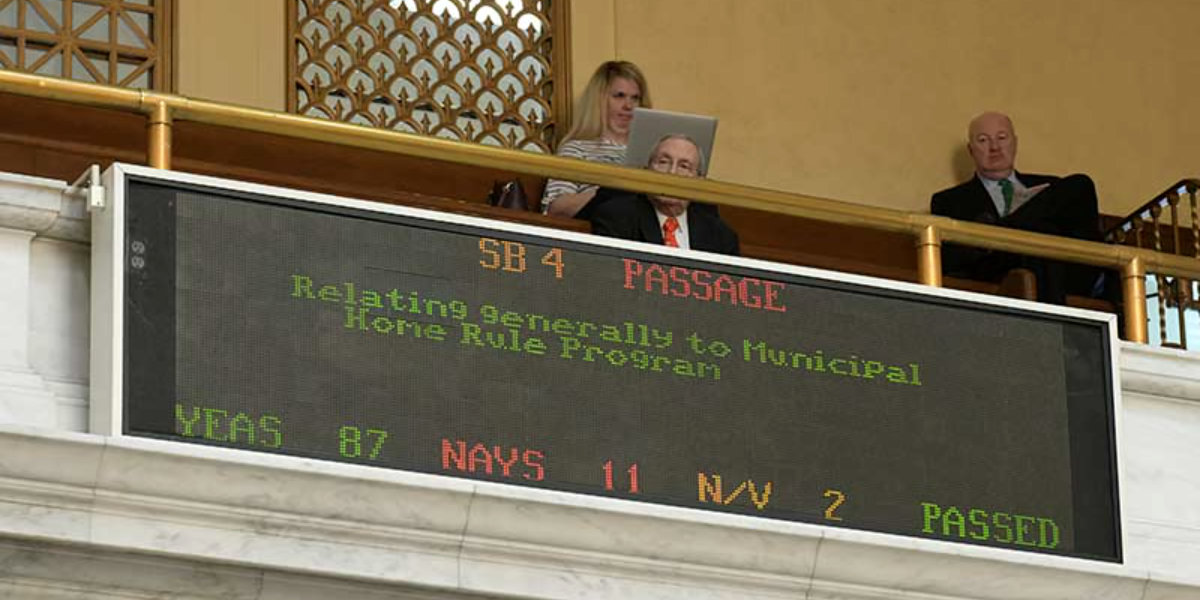
One of the major victories won on behalf of WV communities this session was the passage of SB 4 – a bill that makes the Municipal Home Rule Program permanent and opens it up to all municipalities in the state.
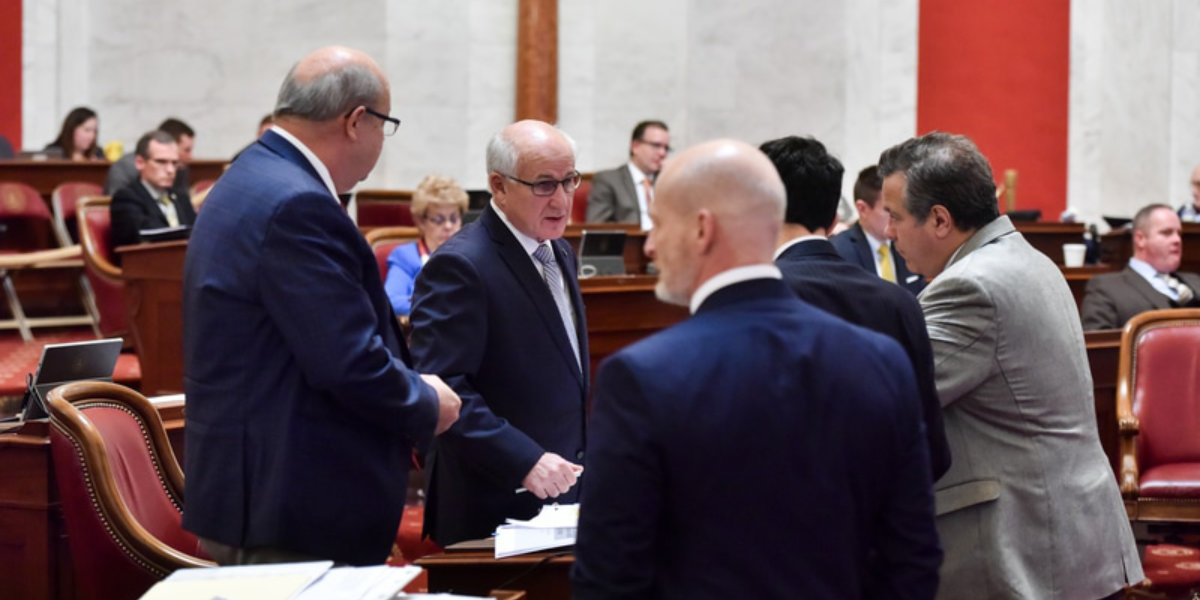
As the legislative session comes down to the wire, citizens in the gallery and at home will notice that there are a few things that function a little bit differently during floor sessions.
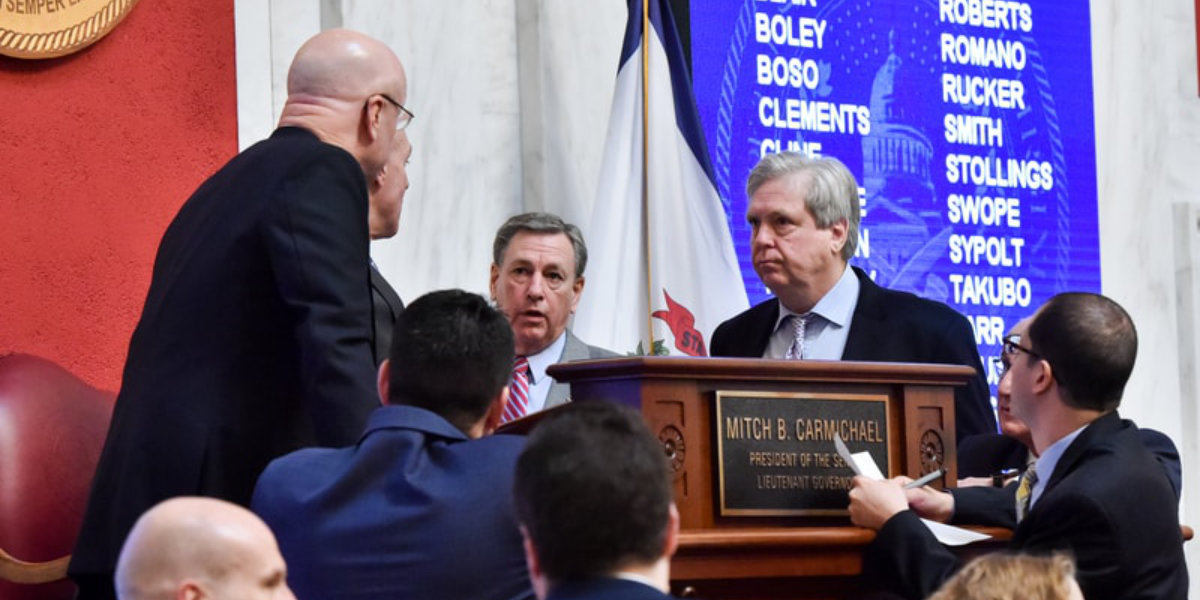
As the final hours of the 2019 legislative session approach, the climate underneath the golden dome feels a bit different than it has in previous weeks.
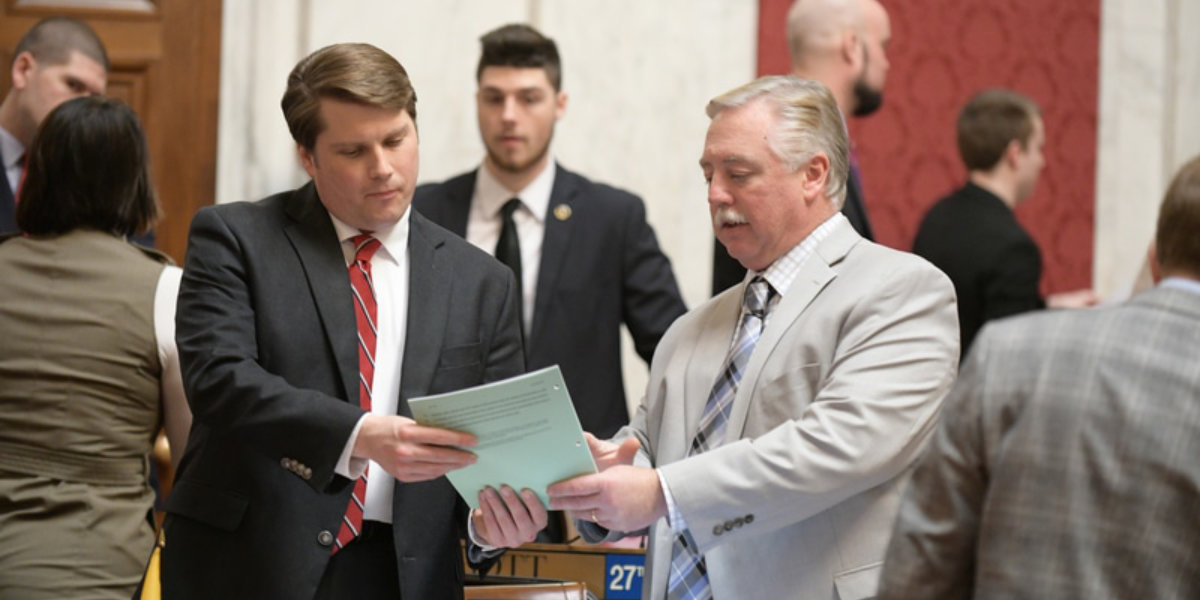
Sometimes it’s tough to get action on an issue, particularly if legislators have only heard one person’s opinion.
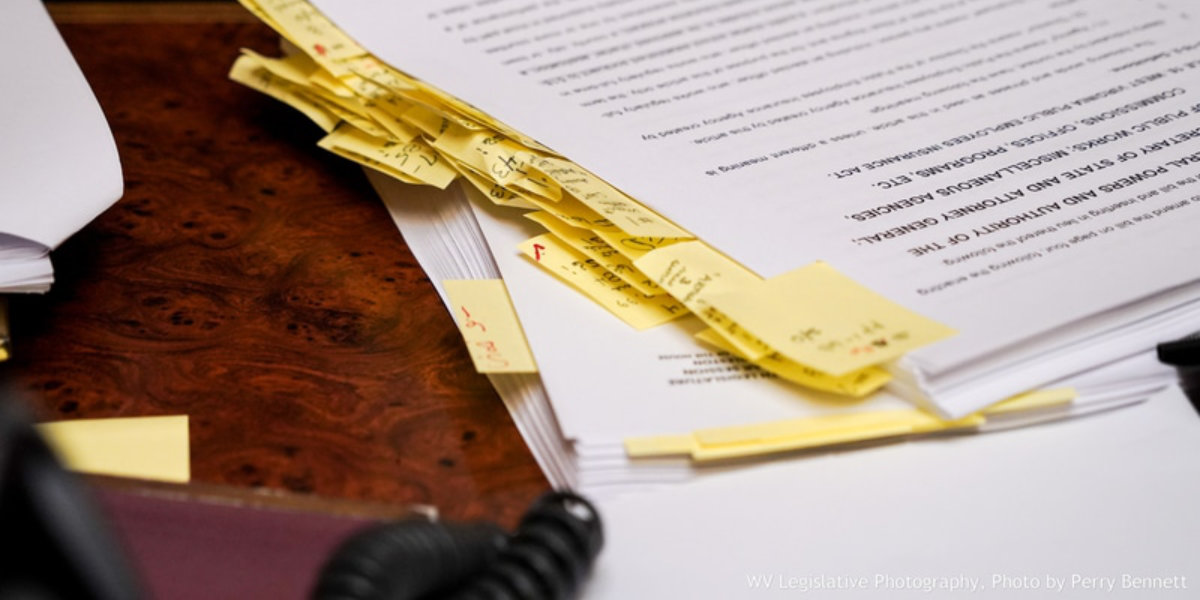
We’ve talked before about the incredible amount of influence committees have in the legislative process.

Each year, legislative rules dictate deadlines which help make sure legislators are able to finish the work that needs to be done in as close to 60 days as possible.

Have you ever wondered how legislators make informed decisions about bills that they are reviewing, even when they may not be familiar about the subject matter?
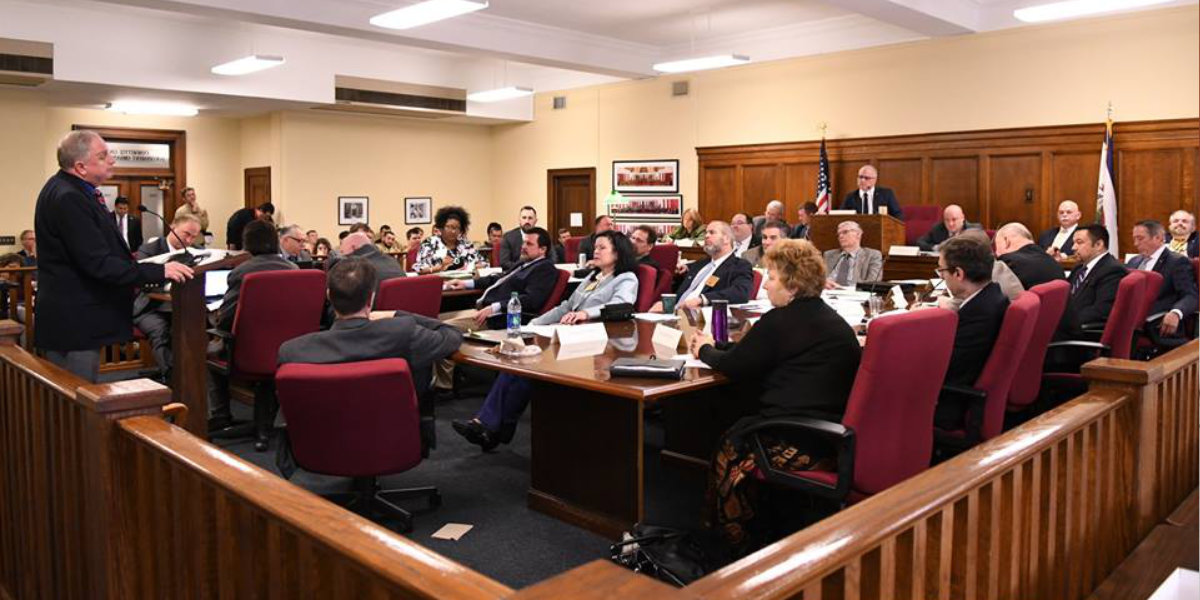
It’s the third week of Session and the Legislative machine is picking up steam. Hundreds of bills have been introduced so far, and hundreds more will be considered before the session’s final day.

If you’re anything like me, you know that it’s easy to become overwhelmed by how much there is to learn when it comes to engaging with legislators and the policy-making process.
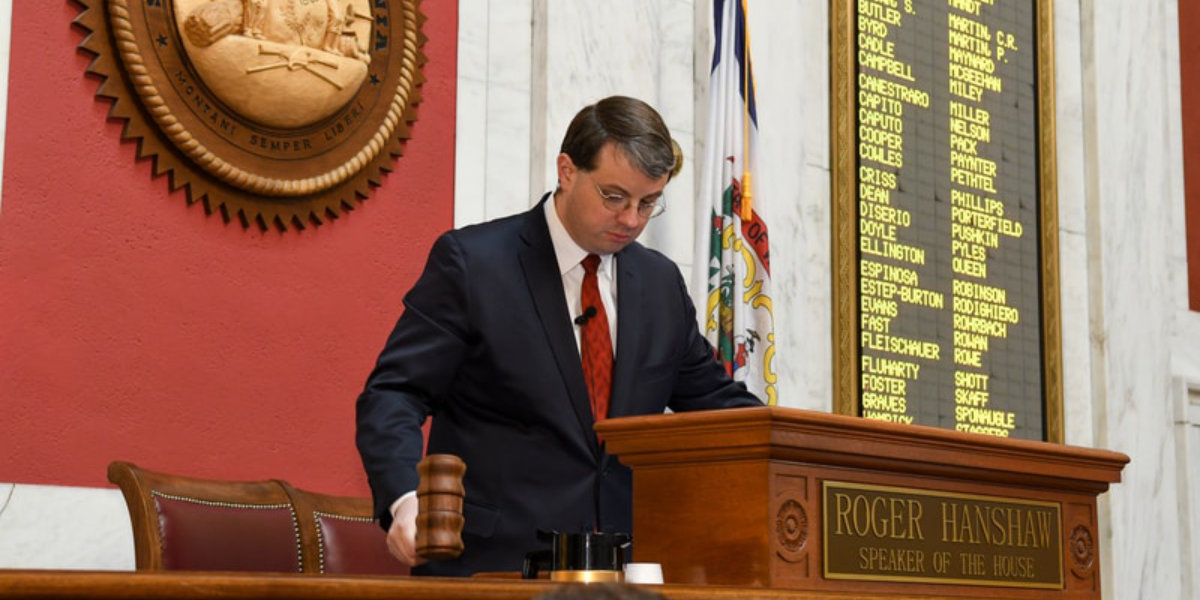
If you’ve never sat in the gallery during a floor session of the Senate or House of Delegates before, the proceedings can be a bit overwhelming.
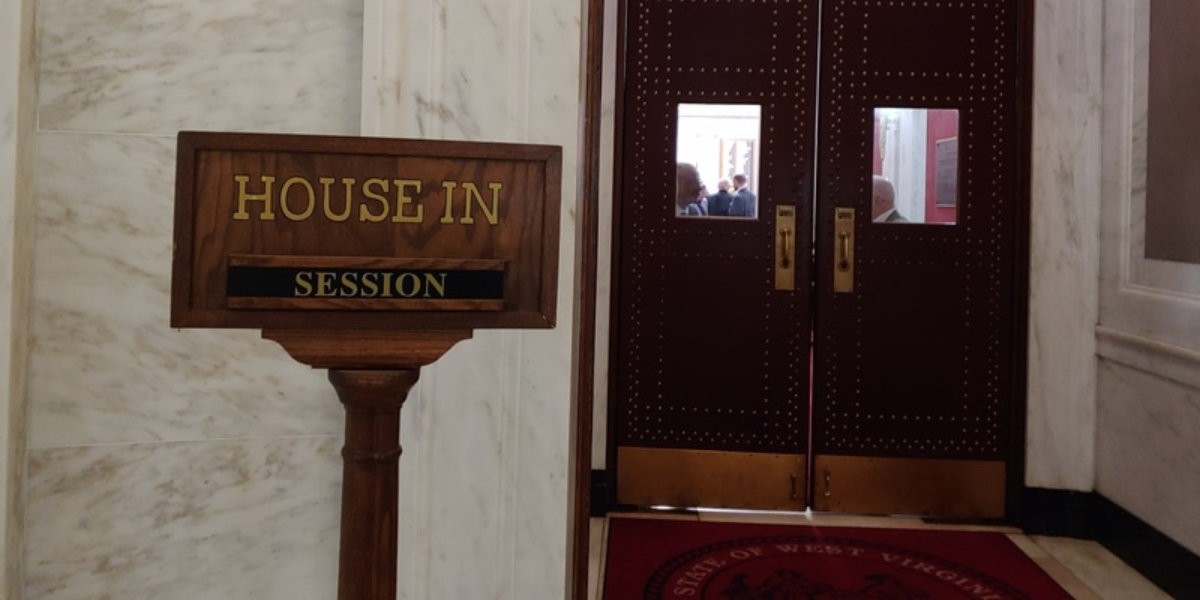
This week there is an air of calm attentiveness at the Capitol building as legislators, staff, citizens, and lobbyists get to work and watch for the issues that will become the center of focus for this legislative session.
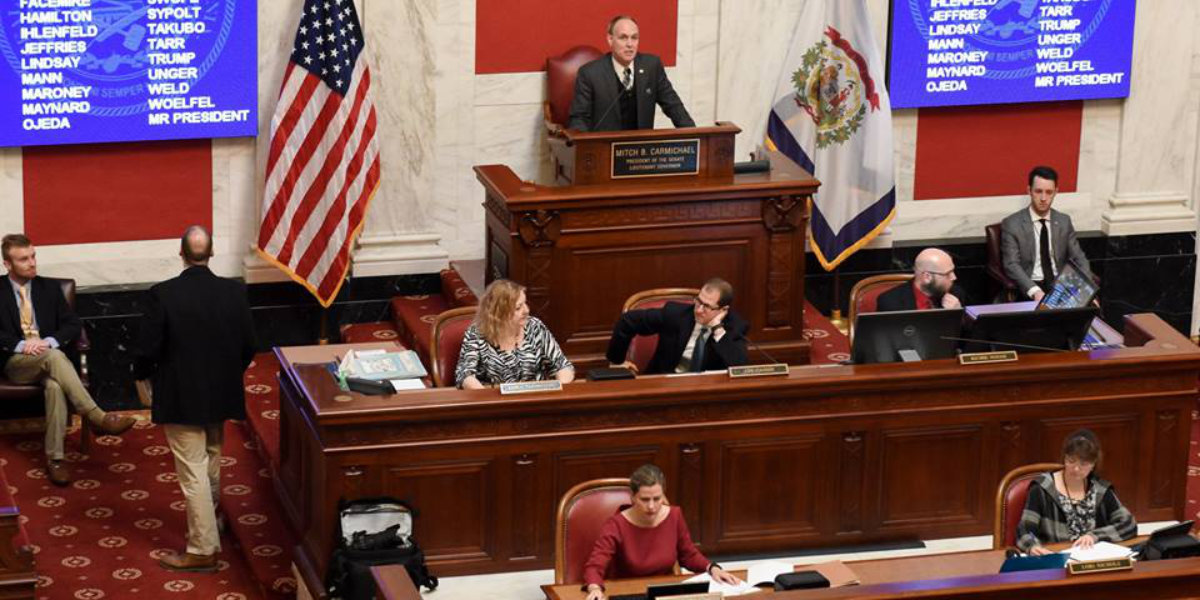
In the coming weeks, The Hub’s policy team will highlight bills that stand to impact WV communities.
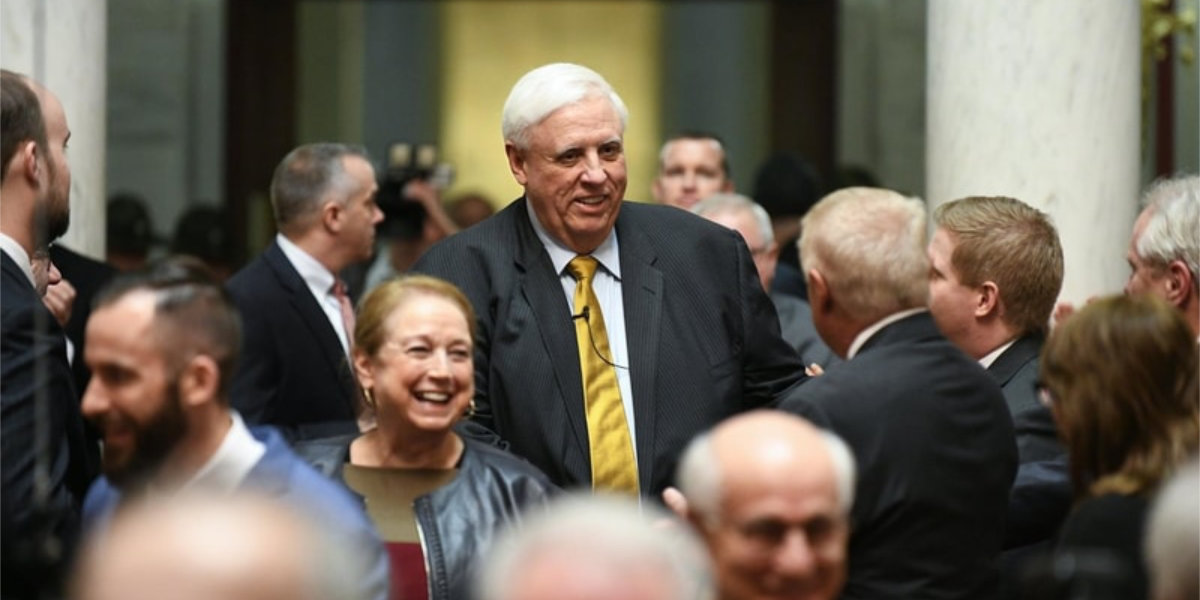
Once a bill makes it through both houses of the Legislature, it’s got one final hurdle to jump before officially making it across the finish line — a trip across the Governor’s desk.
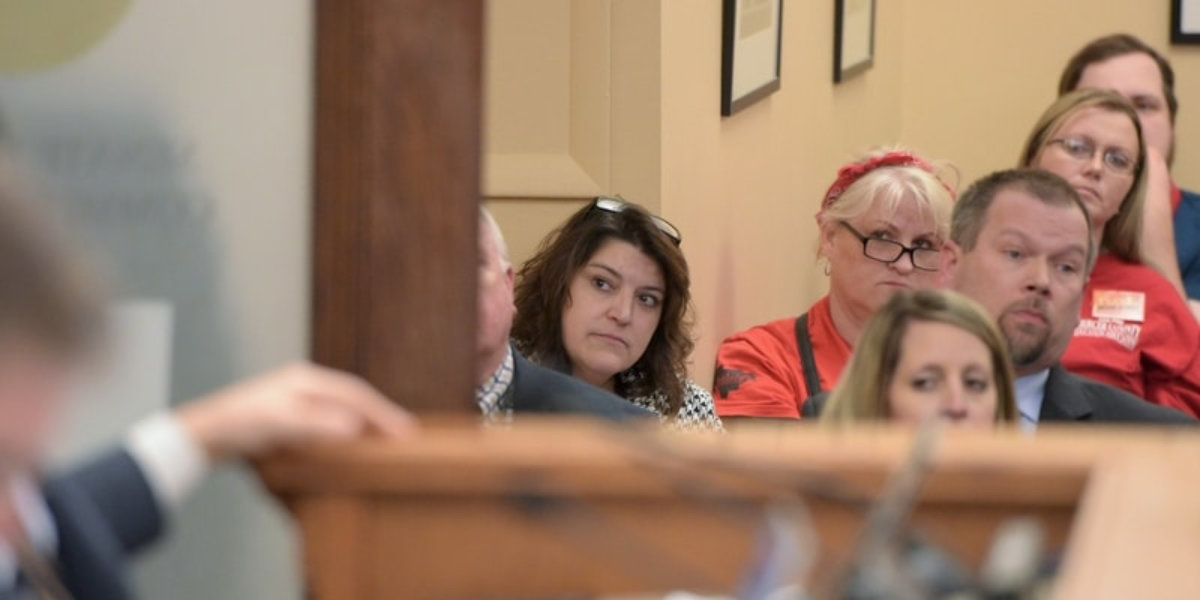
In addition to evaluating and voting on changes to state law, the Legislature is constitutionally required to do one major thing during the Legislative Session: pass a budget.
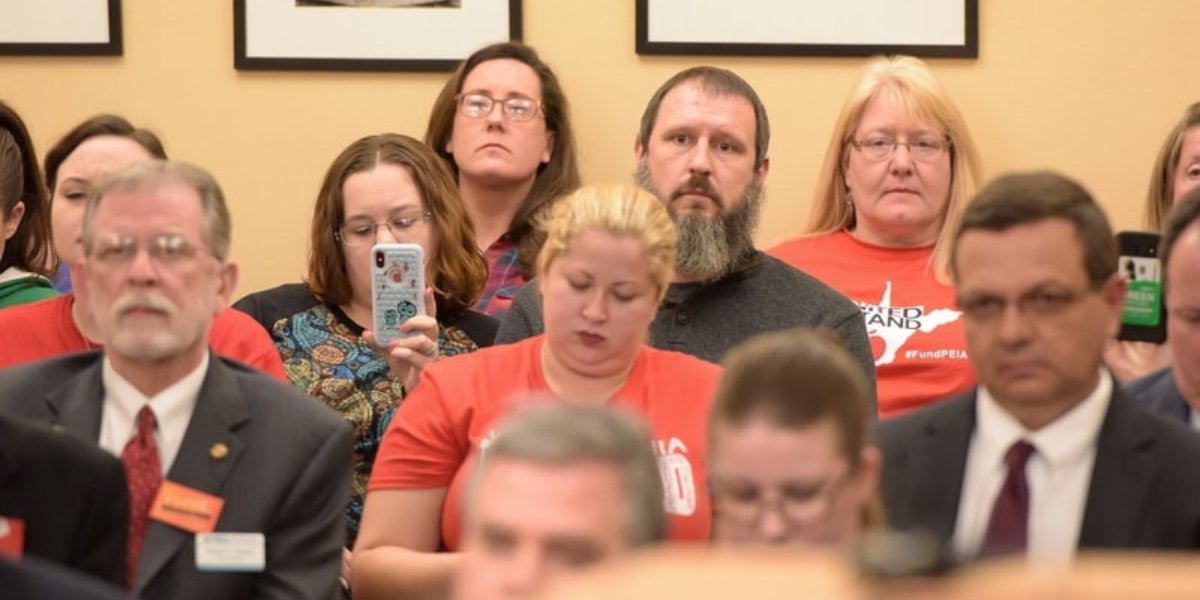
With HB 4145 passed on Tuesday, and schools back in session on Wednesday, there can be no doubt – this week has seen a huge victory for teachers and public workers in WV.

The Speaker has a unique power with the potential to radically shape discussions on the floor – the power to determine what is germane.

Each year, legislative rules dictate deadlines which help make sure legislators are able to finish the work that needs to be done in as close to 60 days as possible.
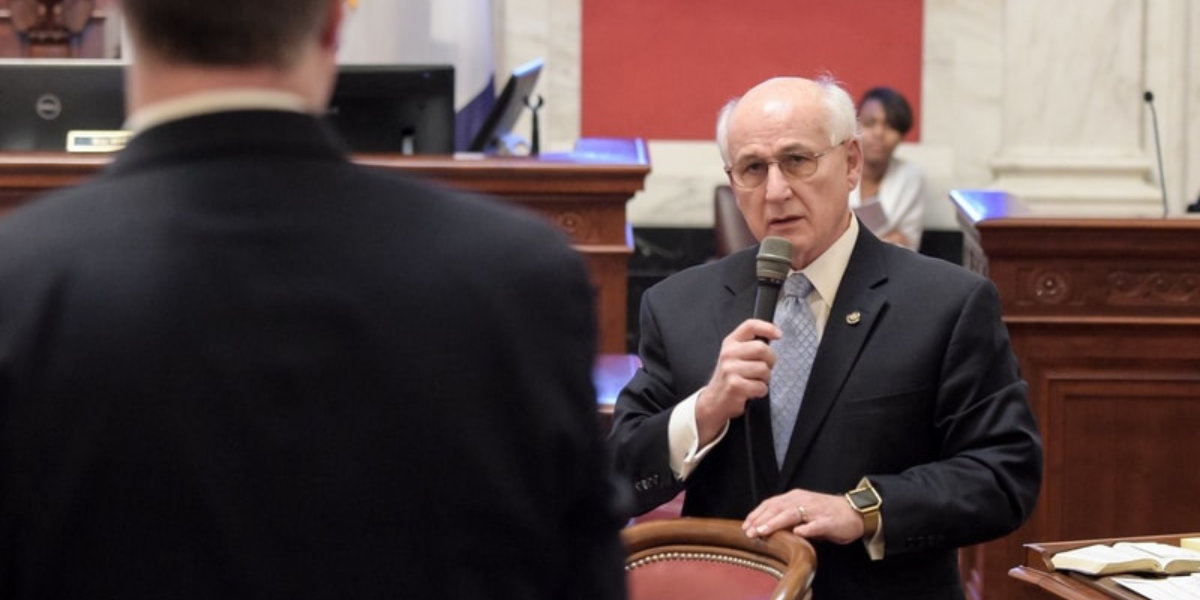
In the midst of this historic moment for teachers, public workers, and for labor rights in West Virginia, we’re asking: How does the Legislature function when it’s been taken over by a single issue?
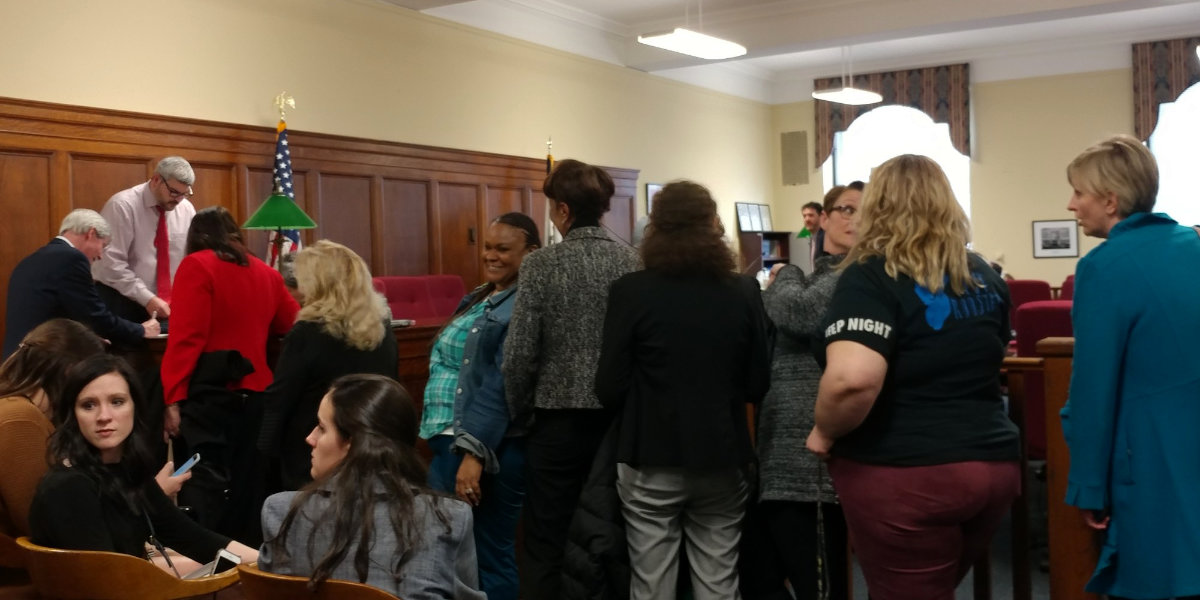
Here’s what you need to know about how and when a public hearing is called and how to participate in this method of letting your Legislators know what you think.
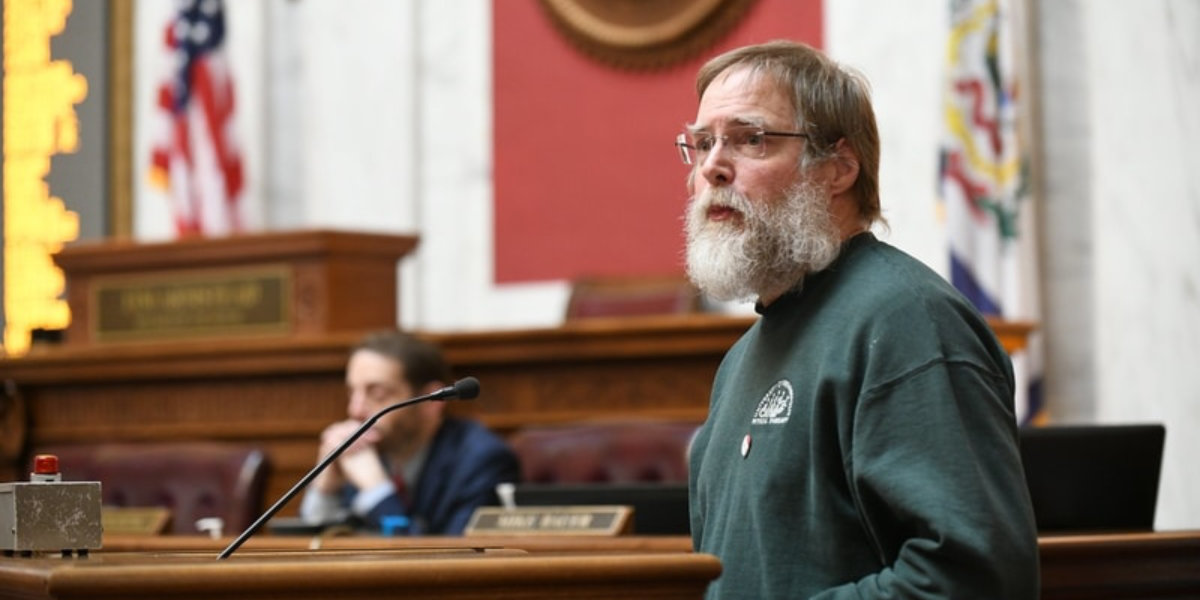
Right now, perhaps more than at any moment before in this session, I find myself with serious questions about citizen access to and the transparency of our legislative process.
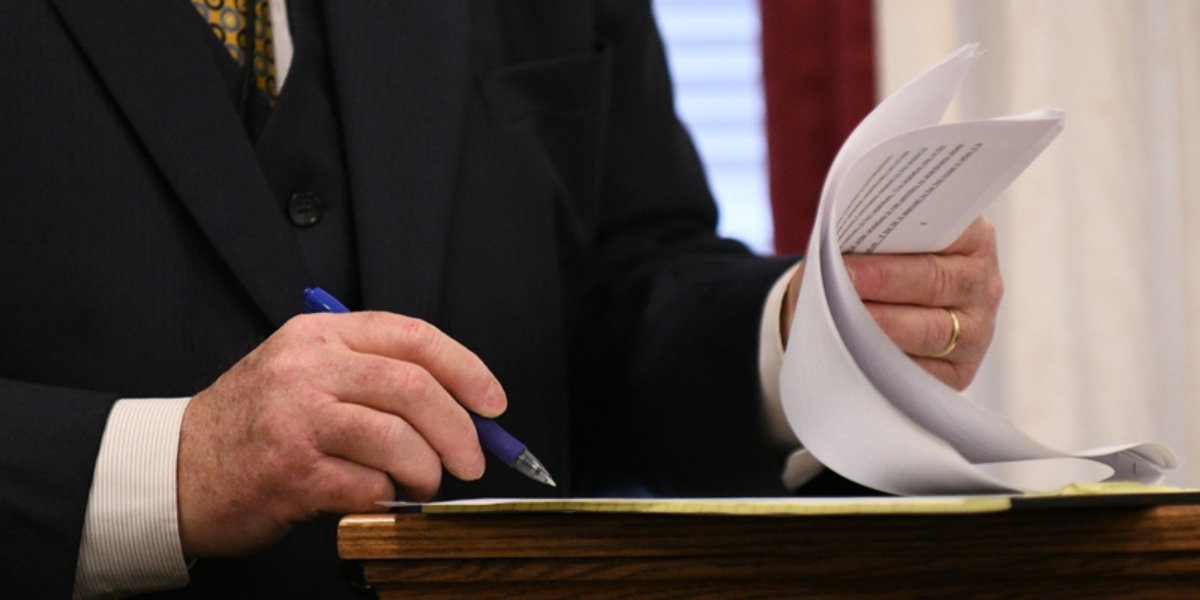
While both Houses can pass joint resolutions calling for additions or changes to the state Constitution, there’s a much larger process required before West Virginia’s Constitution can actually be amended.
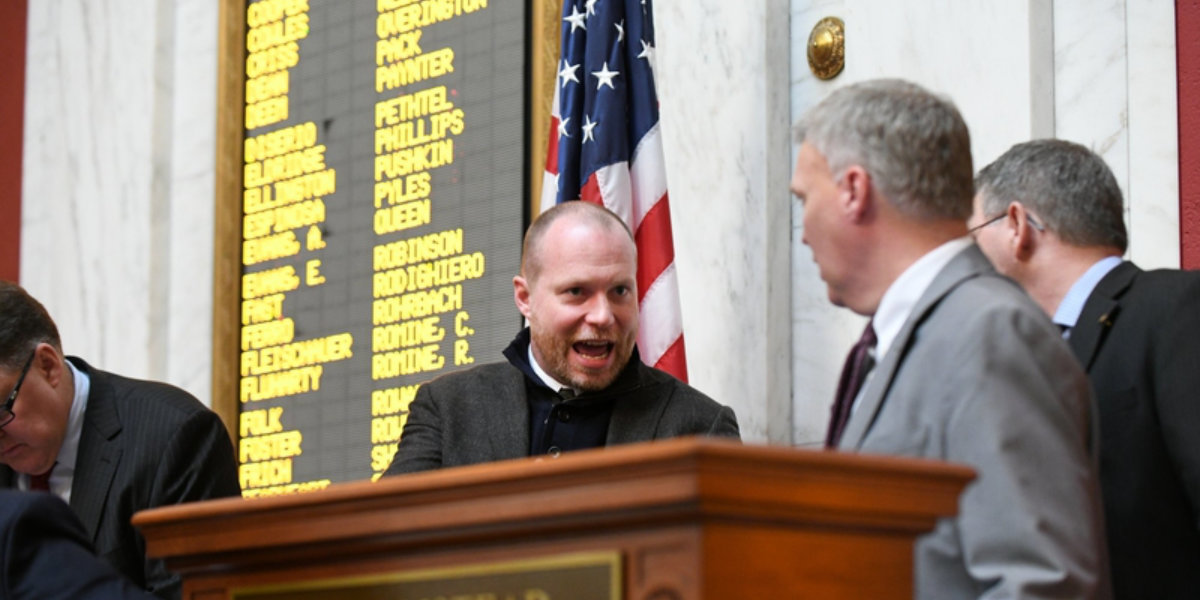
This week, perhaps more than others this session, the Capitol has been the site of a number of hard fought battles, both those seen on the news and those behind the scenes.
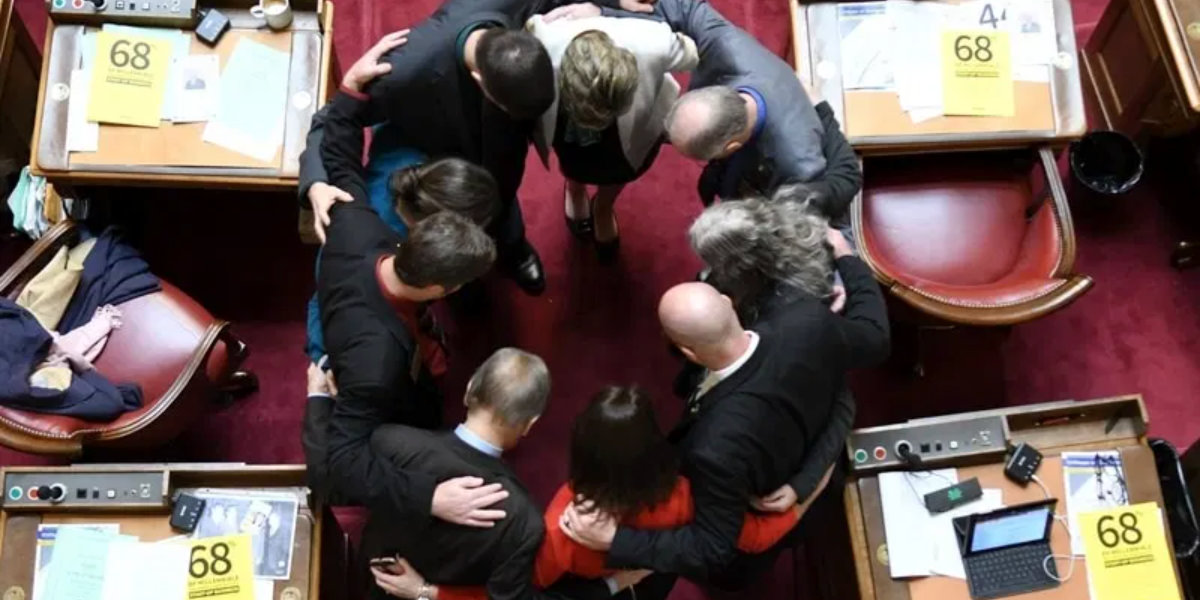
Sometimes it’s tough to get action on an issue, particularly if legislators have only heard one person’s opinion.

So, there’s an issue that’s getting you fired up and you’re ready to do something about it. What now?
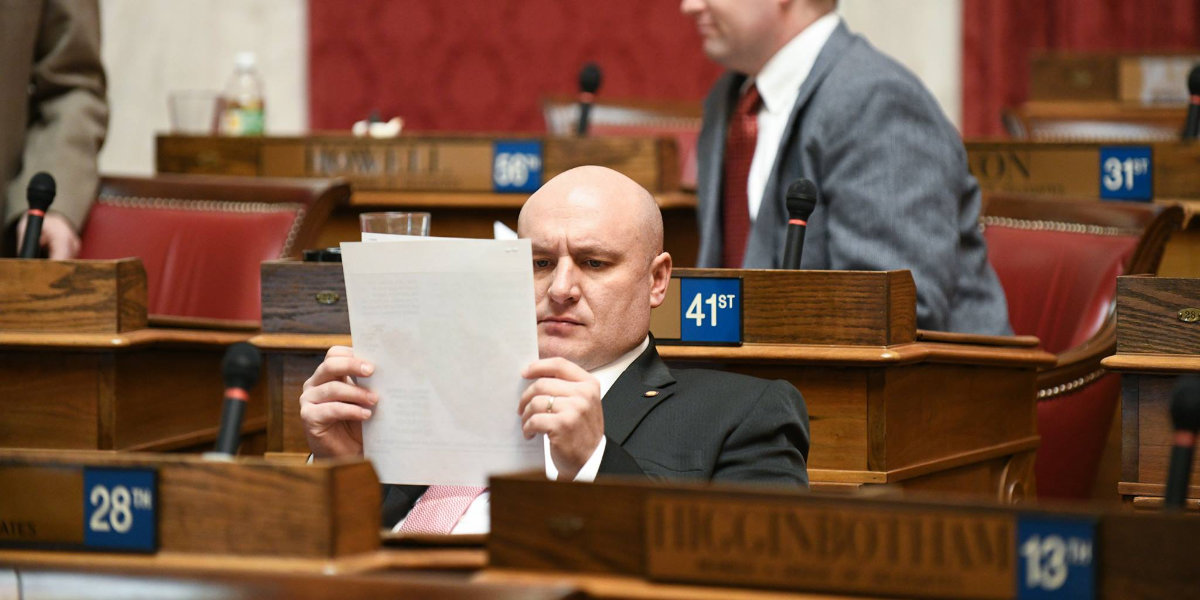
If you find the language used to construct legislation confusing and inaccessible, you’re not alone.

This week, deeper discussion around what will likely become the biggest issues this session began in earnest. Until now, issues like logging in state forests, redistricting, and free community and technical college were just part of a laundry list of proposed bills.
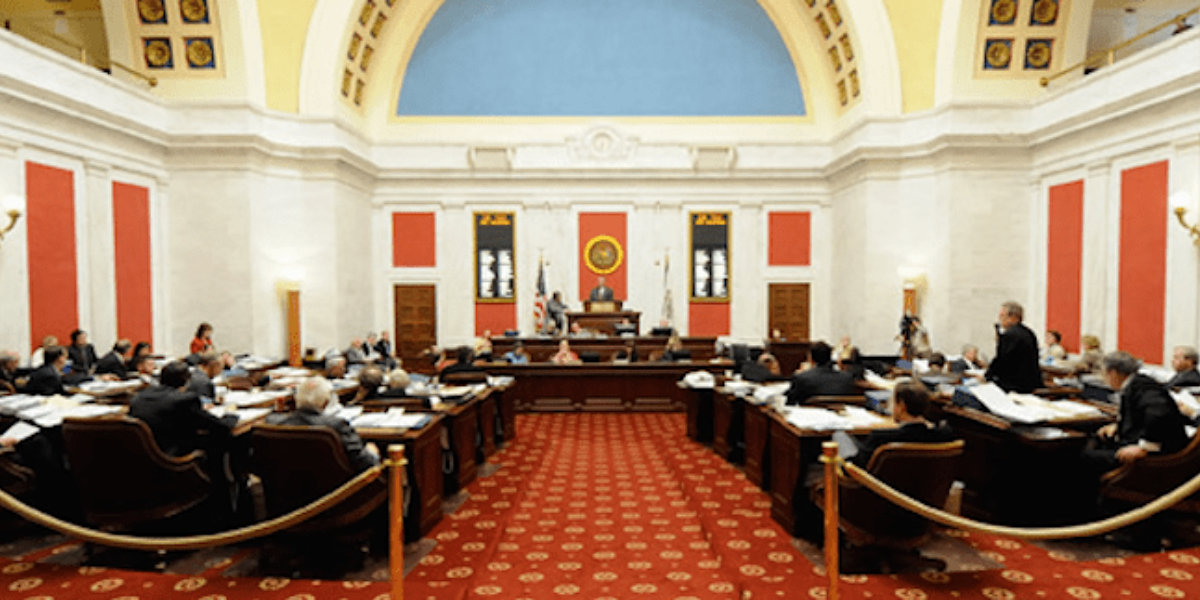
If you’re anything like me, you’ve probably spent some time grappling with one of the central questions about policymaking: what are the long term impacts of this bill?
Last year, 1802 bills were introduced during the session. 1802 is a big number. Want to be able to keep track of those that interest you? We’ve got you covered.

There’s a lot happening under that gold and blue capitol dome this year, and we want you to have access to the best information.
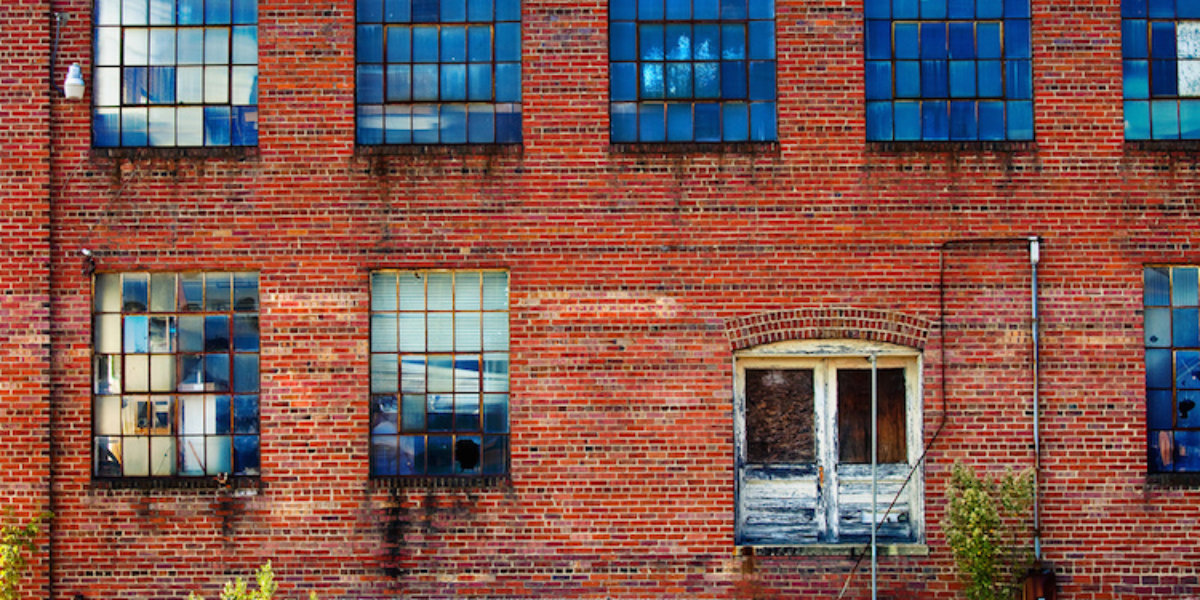
How does the sale of property tax debt impact everyday life in West Virginia’s communities? A new report aims to find out.
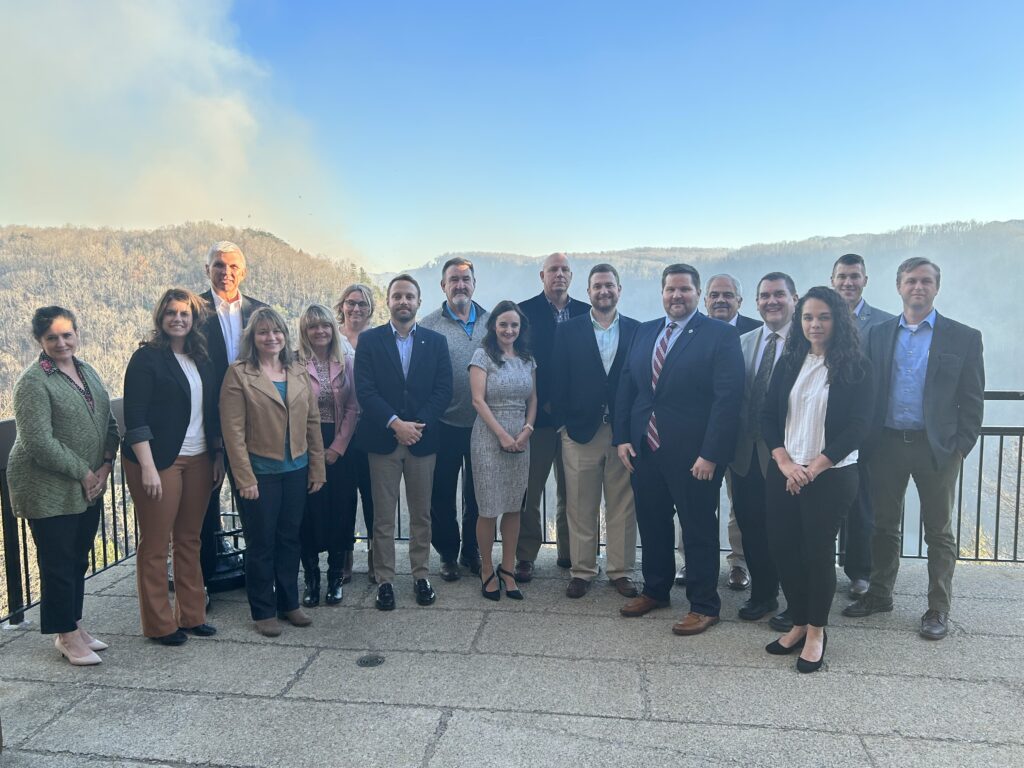
Our work is made possible thanks to incredible partnerships with other community development organizations across the state. From local economic development authorities (EDAs) to state level nonprofits working to uplift communities, all of our partners are crucial in making West Virginia the best it can possibly be by working together.
One partner that made our work truly profound this year is Coalfield Development. For years, Coalfield Development has worked to rebuild Appalachian communities by inspiring the courage to grow, activating the creativity to innovate, and cultivating communities of opportunity in central Appalachia.
We are proud to be part of Coalfield Development’s ACT Now Coalition, a broad network of organizations working hand-in-hand to uplift communities throughout Southern West Virginia. The ACT Now Coalition is infusing more than $63 million into programs to help communities using business development, building revitalization, and so much more.
The Hub is leading the Community and Business Resilience Initiative as part of the larger ACT Now Coalition to bring other partners with us to build up community and business resilience in the Coalition’s footprint.
“For decades, we’ve known the economy of southern West Virginia needs diversification. Some progress has been made on this goal, but not nearly enough,” Brandon Dennison, CEO of Coalfield Development, said about the ACT Now Coalition. “ACT Now constitutes a tangible opportunity to take a major leap forward in this generational challenge to become a vibrant, growing, diversified economy. In the wake of continued coal-job losses, nothing could be more important for our region.”
Our partnership with Coalfield Development is giving us a chance to take our work to new communities and to build upon our years of experience. Working alongside Coalfield Development in this large undertaking to bring $63.8 million to communities in Southern West Virginia is validation that the work happening to uplift West Virginia communities continues to grow.
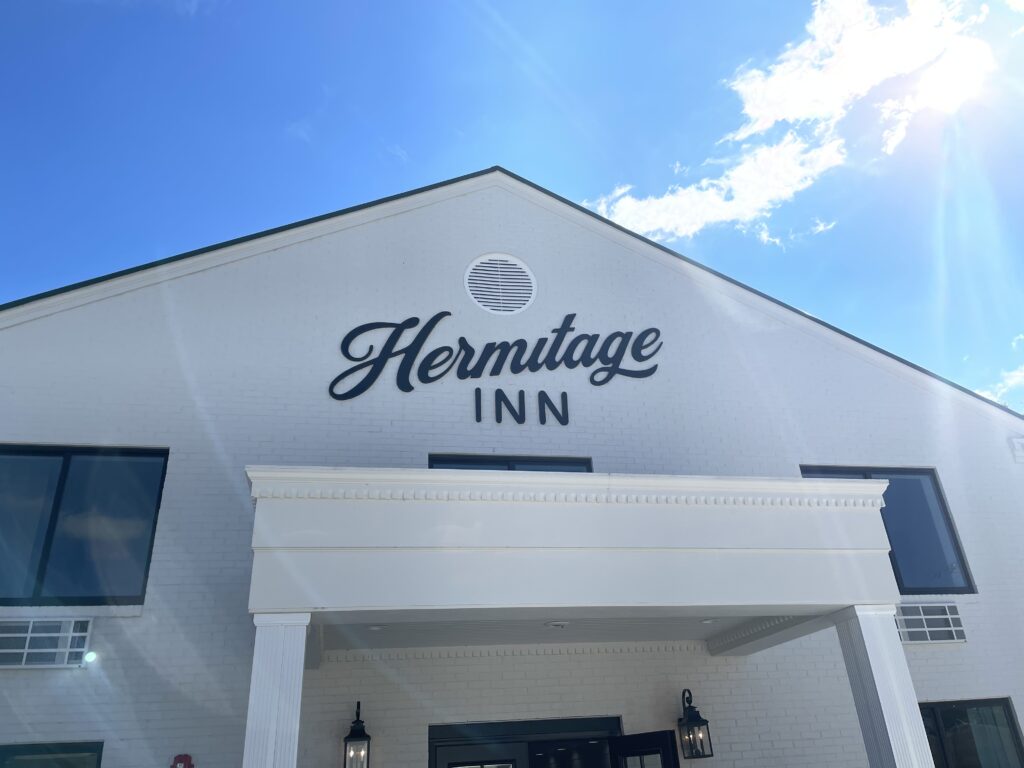
The Hub works alongside communities across West Virginia coaching community teams as they come together to make transformative changes in their towns. In 2022, one town stands out for its continued work and unwavering commitment to making its community a place where people want to live, work, play, and visit.
Petersburg, located in Grant County at the northernmost point of the Mon Forest, is filled with community members who want to make their town a destination. Not only have businesses opened, and stayed open, the town has transformed the way they present to the world through rebranding and outdoor recreational development.
As part of the HubCAP IV program, Petersburg utilized its technical assistance to push forward with projects to bring transformative change to its community. Part of the work Petersburg worked towards was creating plans to pave a hike and bike trail that runs along the Petersburg dike. The proposed trail will run approximately three miles along the Petersburg dike and will include multiple entrances for walkers and bikers. The group secured a $25,000 grant from Senator Hamilton, which was matched locally by the City of Petersburg, the County Commission, and the Board of Education, each adding an equal share to bring the total to $50,000.
This year, Petersburg witnessed a major upgrade to one of the town’s most iconic and historic structures: The Hermitage Inn. The hotel, which dates back to 1841, has been renovated and once again welcomes guests to stay the night and have a nice dinner in the restaurant.
The Hermitage Inn is the first project initiated and completed as part of the Downtown Appalachia: Revitalizing Recreational Economies (DARRE) program. Seeing the old hotel returned to its majesty has been an incredible development for Petersburg adding another jewel to the downtown area.
Seeing Hub communities come together to create transformative change thrills us. Community members are the subject matter experts on what their towns need. Our commitment to accompaniment and walking alongside communities as they do the hard work guides us in our work. Celebrating their victories with them gives us a moment to uplift those making the work happen.
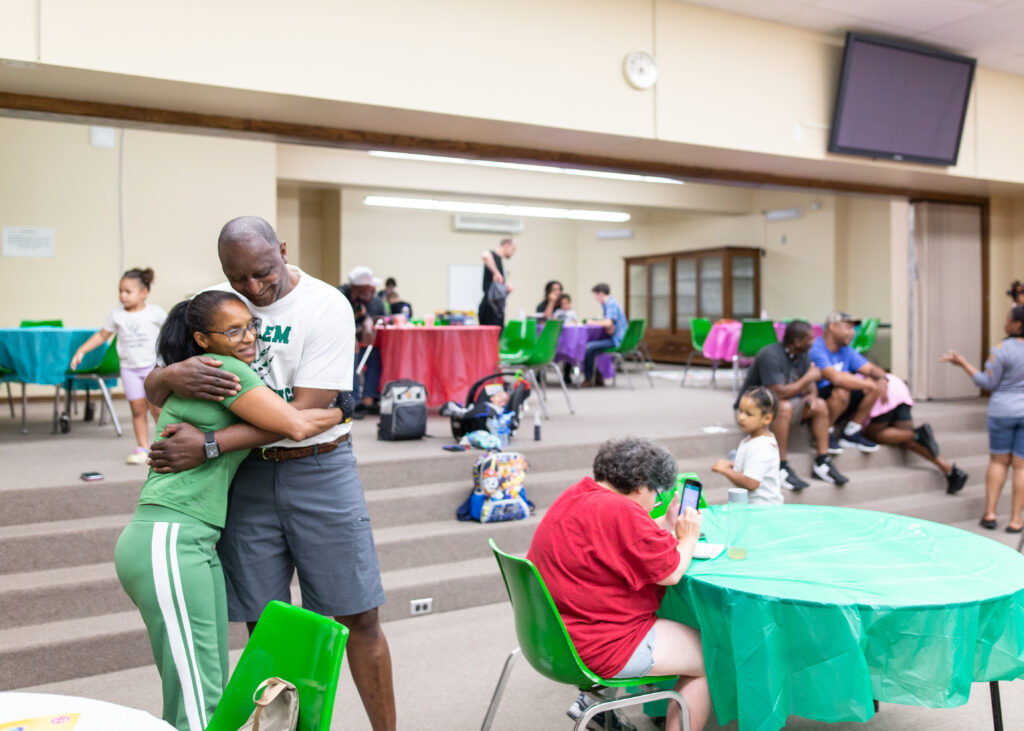
Since 2018, The Hub has been working diligently to bring Diversity, Equity, and Inclusion into our work. For years, the organization has been working internally to expand on one of our core values: “We believe diversity creates strength.”
We believe that now is a time when we must work from the ground up to commit to long-term efforts to build power through leadership development, programmatic strategies, and partnerships that commit to building power and advancing racial equity.
Looking back at our organizational history, we acknowledge that our work in rural communities with populations of less than 15,000 has not reached a diverse cross-section of people in West Virginia. Because of this, we began to ask, “Who isn’t here?” when examining our involvement in communities. The social unrest in 2020 led us to examine our role in white supremacy, ableism, classism, and gender discrimination, and the ways we have perpetuated unjust systems in our communities and across West Virginia.
Since 2020, our equity journey has included a staff racial equity learning series, making internal commitments to increasing our hiring and retainment of diverse staff including creating full-time Racial Equity Fellowship and VISTA positions, committing to increased coaching for rural communities of color across the state, and tackling the inherent challenges of advancing equity across the community development field within a highly rural, majority white state where Black and brown leadership has been historically marginalized and under-invested.
Our belief in the power of local people to see the value and the potential of their place, and of each other, is at the core of our belief in the potential we have to build power in West Virginia to advance racial equity, inclusion, and accessibility while disrupting systems that have historically excluded some communities.
We are committed to engaging in conversations to uplift communities and leaders of color to move from talk to action on why race matters in West Virginia as we work to disrupt these systems. We will support investment in Black-led organizations and rural Black leadership. And we are committed to driving public and private investments into these spaces, both organizational and geographic.
A core team led by Unleash Tygart, Inc participated in Opportunity Appalachia, receiving technical assistance to support a community development project located in an Opportunity Zone.
Core teams led by Thundercloud, Inc. and the City of Huntington participated in Opportunity Appalachia, receiving technical assistance to support community development projects located in Opportunity Zones.
A core team led by Crawford Holdings, LLC participated in Opportunity Appalachia, receiving technical assistance to support a community development project located in an Opportunity Zone.
Residents participated in round 4 of The Hub’s capstone Communities of Achievement program with a focus on building local recreational economies.
Residents participated in round 4 of The Hub’s capstone Communities of Achievement program with a focus on building local recreational economies.
Residents participated in round 4 of The Hub’s capstone Communities of Achievement program with a focus on building local recreational economies.
Residents participated in round 4 of The Hub’s capstone Communities of Achievement program with a focus on building local recreational economies.
Residents participated in round 4 of The Hub’s capstone Communities of Achievement program with a focus on building local recreational economies.
A core team led by Woodlands Development Group also participated in Opportunity Appalachia, receiving technical assistance to support a community development project located in an Opportunity Zone.
Residents participated in round 4 of The Hub’s capstone Communities of Achievement program with a focus on building local recreational economies. Read their community case study.
Residents participated in the Blueprint Communities* program to engage their neighbors and co-create strategic plans for their future.
Residents participated in the Blueprint Communities* program to engage their neighbors and co-create strategic plans for their future. Read their community case study.
Residents participated in the Blueprint Communities* program to engage their neighbors and co-create strategic plans for their future. Watch their community documentary.
Residents participated in the Blueprint Communities* program to engage their neighbors and co-create strategic plans for their future. Read their community case study.
Residents participated in the Blueprint Communities* program to engage their neighbors and co-create strategic plans for their future.
Residents participated in the Blueprint Communities* program to engage their neighbors and co-create strategic plans for their future.
Residents participated in the Cultivate WV program to kickstart community and economy building. Read their community case study.
Residents participated in the Cultivate WV program to kickstart community and economy building. Read their community case study.
It has been a year of abundant opportunities and partnerships across the state, and a year that has pushed all of us to work harder, faster, and smarter – together.
At The Hub, we say that “the work works when you put in the work.” This means that our approach to community-based development, and individual leadership development, really does transform local communities, especially when we all work together for the same goal, and stay committed to working together for the long haul.
In 2023, we continued to be amazed at the local leadership, drive and innovation we saw in communities throughout the state that are building locally-driven development from the ground up. Our network of community leaders, partners and opportunities keeps growing and shows no signs of slowing in 2024!
We extend our deepest gratitude to everyone for being part of the larger Hub community as we reflect on this year’s deep impact in West Virginia communities through our work. We are thrilled to have champions who believe in our mission that every community in West Virginia can achieve economic growth when they are supported with the tools and training they need to lead and spark positive change.
We believe strongly in the fact that putting in the work yourself to improve your neighborhood, your town, and our state is where true transformational change happens. With strategic partners and thought leaders like you in the work with us, we continue to be able to walk alongside community teams as they do the work to uplift their communities.
Thank you to all of the community teams and leaders who are brave enough to keep showing up every day, and putting in thousands of hours of volunteer time to support your communities and the entire state. Your determination in the face of difficult work and far-off successes is something to applaud yourself for – and to celebrate.
Whether you’re volunteering on the ground in your community, sharing our stories of hope with your friends and neighbors, or attending a virtual event with The Hub, your participation in our work is what keeps it going. Thank you for all your work and support this past year, and we are excited to continue in the work with you in 2024!
In Continued Accompaniment,